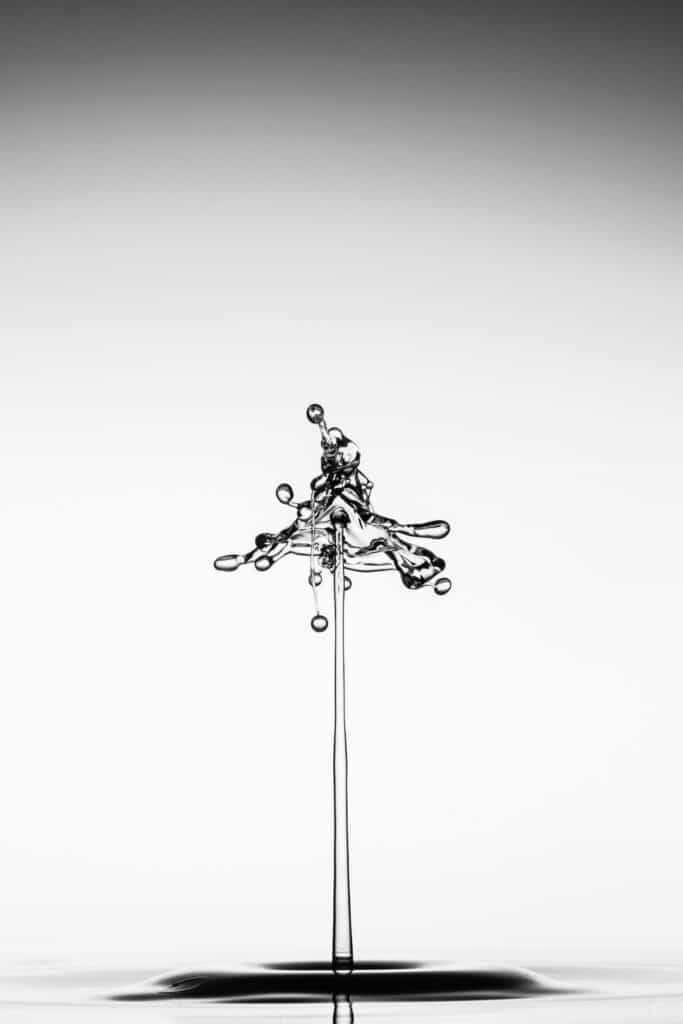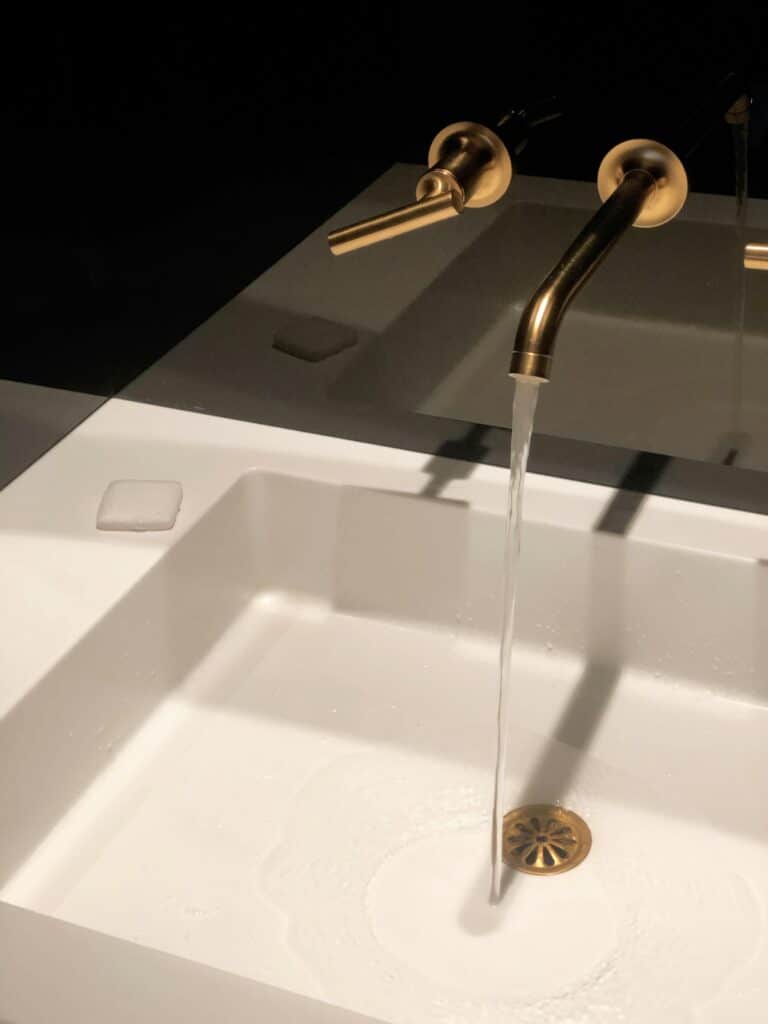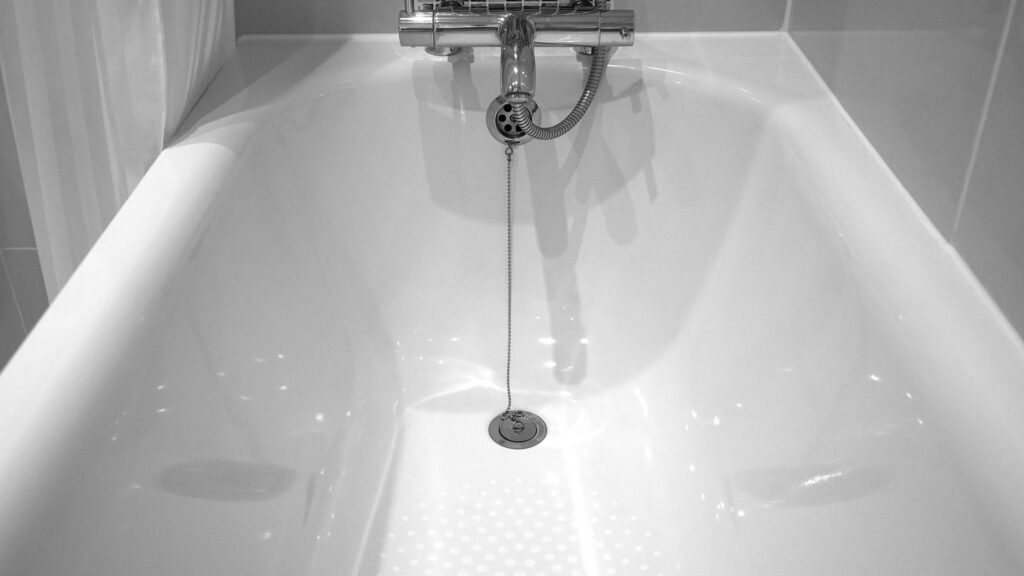Hard water is a common issue faced by many households, causing a variety of problems that can affect both the comfort of residents and the efficiency of their household systems. Characterized by high levels of minerals, hard water can lead to soap scum, mineral buildup, and reduced appliance efficiency.
Read on to explore various strategies to combat hard water issues, focusing on both immediate solutions and long-term preventive measures for a smooth and effective experience in residential settings.

Hard Water and Its Composition
Hard water contains high concentrations of minerals that originate from the groundwater, which may be abundant in calcium, magnesium, and other trace elements. The hardness of water is categorized as temporary or permanent, with temporary hardness being related to the presence of bicarbonates, which can be removed through boiling. Permanent hardness cannot be eliminated by boiling due to the presence of sulfates or chlorides.
Because of its widespread nature, recognize the symptoms of hard water on plumbing systems and household appliances. This knowledge lays the foundation for implementing effective solutions to reduce its impact on daily living.


Routine Maintenance Checks for Appliances
The best response to check appliances is to conduct routine maintenance. Regular inspections can catch any issues caused by hard water and solve them on the spot. Descaling appliances like dishwashers, water heaters, and coffee makers every six months can maintain efficiency and prolong their lifespan. Homeowners can use descaling solutions available at home improvement stores, or a simple vinegar and water solution can suffice for regular cleaning.
Pay attention to how appliances operate to indicate potential issues. If a water heater takes longer to heat water than usual, it may require descaling. Maintaining a proactive approach improves appliance efficiency and contributes to energy savings.
Common Symptoms of Hard Water
Identifying common symptoms of hard water can save homeowners from more extensive problems in the long run. Hard water creates noticeable signs, including the formation of soap scum in showers and sinks, which can be frustrating for residents. Dishes and glasses may appear cloudy or spotty after being washed in hard water.
Home appliances, too, are susceptible; hard water contributes to scale buildup in dishwashers and water heaters, reducing their efficiency. These machines will struggle to reach optimal heating levels, and energy bills will go up. Take a look at these symptoms of the household’s appearance to improve the longevity and efficiency of basic appliances.
Testing Your Water’s Hardness
Before implementing solutions, homeowners must determine their water’s hardness level. Testing water hardness can be accomplished using simple DIY kits available at local hardware stores or water treatment centers. These kits come with a test solution for a water sample to measure the concentration of hardness-causing minerals.
Most people find that home testing is a convenient way to get immediate results. Some people prefer professional water testing services for more detailed analysis and recommendations. The hardness level allows homeowners to identify the most suitable solutions, whether that involves water softeners, filtration systems, or other methods. Periodic re-testing can track changes so that any adjustments or additional solutions are implemented when necessary.
Installing a Water Softener
The most effective long-term solution for hard water issues is installing a water softener. These systems work by employing a process known as ion exchange, which replaces hardness minerals with sodium ions, softening the water. Water softeners come in various sizes and types, making it easy to find a suitable fit for any household. For medium to large homes, a full-house water softener is recommended so that every tap receives softened water.
The installation of a water softener protects plumbing systems and appliances and improves soap efficiency for improved cleaning results. Homeowners should consult professionals to evaluate their specific needs before investing in a system designed to combat hard water issues.
Consider a Reverse Osmosis System
Homeowners may benefit from a reverse osmosis (RO) system for drinking water and food preparation. This filtration method uses a semipermeable membrane to remove contaminants and minerals, including those that contribute to hard water. RO systems can reduce water hardness, yet they remove other dissolved solids and improve taste and safety. These systems are installed under the sink, delivering high-quality water directly from the tap.
Homeowners seeking cleaner, softer drinking water should consider this as a potential solution. Reverse osmosis can be an excellent supplement to an existing water softener so that the highest quality water is available for consumption and cooking purposes. For optimal performance and regular filter changes, follow the manufacturer’s guidelines closely.
Mineral Buildup in Your Plumbing
Mineral buildup in plumbing fixtures presents distinct challenges that can translate into considerable costs. Hard water reduces flow rates and leads to blockages and leaks, posing risks to the entire plumbing system. Households experiencing these challenges should consider inspecting their plumbing for mineral deposits.
Preventative measures (routine plumbing inspections and regular use of descaling agents) can combat these problems. Minimizing mineral buildup preserves the efficiency of the plumbing system and reduces the need for costly repairs. Address these issues caused by consistent maintenance to achieve long-term savings and a more functional home environment.
Natural Solutions for Hard Water Problems
For those seeking natural methods to combat hard water, there are several solutions that can be implemented to alleviate some of its effects. Using household items like vinegar or baking soda can address minor buildup issues around faucets and drains. A vinegar rinse can dissolve soap scum and mineral deposits on surfaces, making cleaning easier and more effective. Installing filters on individual faucets or showerheads can create softer water for bathing and cleaning without extensive upfront costs.
These methods may not wholly eliminate hard water challenges, but they can improve daily life with minimal effort. As these solutions are generally safe and eco-friendly, they are excellent alternatives to chemical treatments. Homeowners should consider these natural solutions, balancing practicality and environmental concerns.

Addressing hard water challenges in residential settings requires understanding the issue, recognizing symptoms, and employing various solutions. Routine maintenance prolongs the lifespan of household appliances; natural methods provide eco-friendly alternatives to added chemicals. Homeowners can manage hard water effectively and maintain a comfortable living environment.
- 2shares
- Facebook0
- Pinterest2
- Twitter0
- Reddit0



